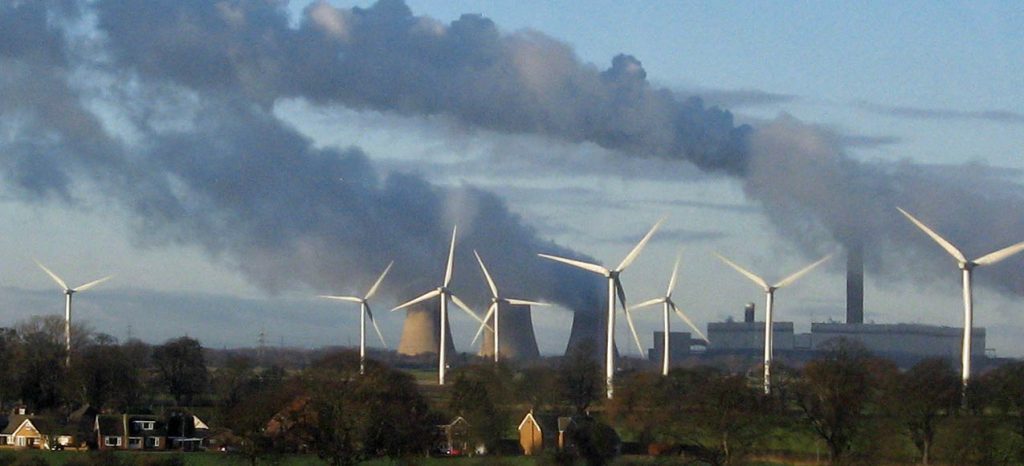Nairobi/Brussels, 15 November 2006 – Friends of the Earth Europe today urged the European Union to inject urgency into negotiations on future action to fight climate change, as ministers from 165 countries arrived in the Kenyan capital Nairobi for the last days of the UN climate talks. Governments are discussing new action after 2012, when the first phase of the Kyoto climate change treaty expires. [1]
Jan Kowalzig, climate campaigner at Friends of the Earth Europe, said:
“Despite ten days of talking at the UN climate conference in Nairobi, negotiators seem to miss the point. The world cannot wait. The climate is changing and the impacts of this will get worse and worse. Now the Ministers have arrived, they must break the deadlock and put the world back on track to agree far quicker and more drastic cuts in heat-trapping greenhouse gases.”
Friends of the Earth Europe called on the EU to maintain momentum from last year’s talks in Montreal, when there was broad consensus about the need for new action in a future climate regime. But now, governments are at an impasse, with opposing views on when and how to negotiate.
Industrialised countries are unwilling to move ahead without discussing the long-term goal to limit climate change and the implications for emission levels in the rapidly developing countries like China or Brazil, while the latter block progress because they fear such discussions could lead to calls for Kyoto-style mandatory reductions, hampering their development prospects.
“Governments must use the remaining three days of the UN climate talks to agree a future climate roadmap that will lead to a negotiation mandate at the next UN climate conference in 2007. Delaying this any further could result in a dangerous gap between the first and second commitment periods of the Kyoto Protocol. Such a gap would seriously undermine investment security for clean energy industries like renewable energy,” Mr Kowalzig said. [2]
There is no time to lose. Last month, a ground-breaking report commissioned by the UK government showed that if significant global action is not taken rapidly, climate change could push the world into the worst recession in recent history, comparable to the downturn of the great depression and two world wars. [3]
***
NOTES
[1] In Nairobi, governments are discussing future emission reductions by industrialised countries in a second comitment period as well as a review of the Kyoto Protocol. Other key issues on the table are adaptation, technology transfer, avoiding deforestation and the CleanDevelopment Mechanism. See http://www.unfccc.int [2] For the future climate regime, and in particular the next commitment phase of the Kyoto Protocol, to take effect directly after 2012, negotiations must end be completed in 2008. Thus, the work plan must involve a year of analytical work and the launch of a mandate for real negotiations at next year’s UN climate change conference in 2007. [3] The report, by commissioned by the UK government, draws a gloomy picture on climate change impacts on the global economy but also says that averting the crisis is well within our hands – at the costs of 1% of global GDP, avoiding economic damages of about 10% of global GDP. See ‘Stern Review on the Economics of Climate Change’, published October 2006.
http://www.hm-treasury.gov.uk/independent_reviews/stern_review_economics_climate_change/sternreview_index.cfm






